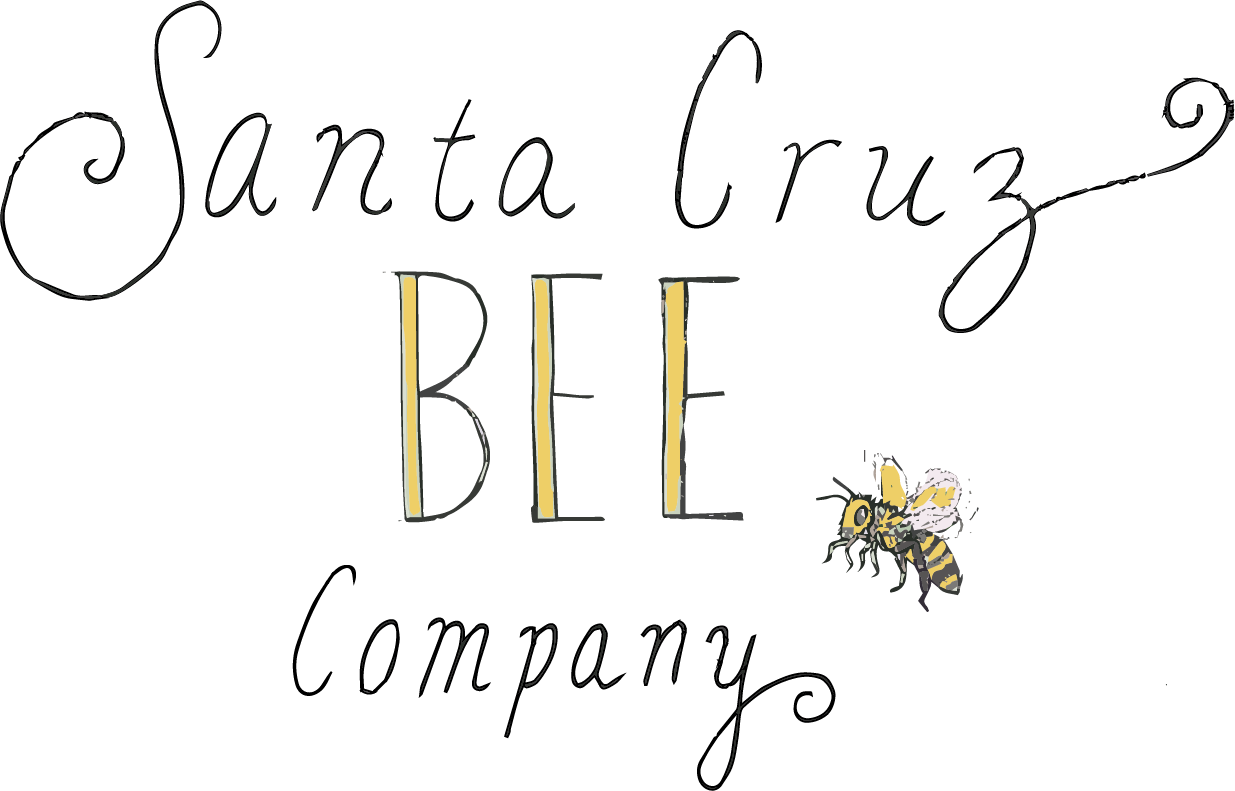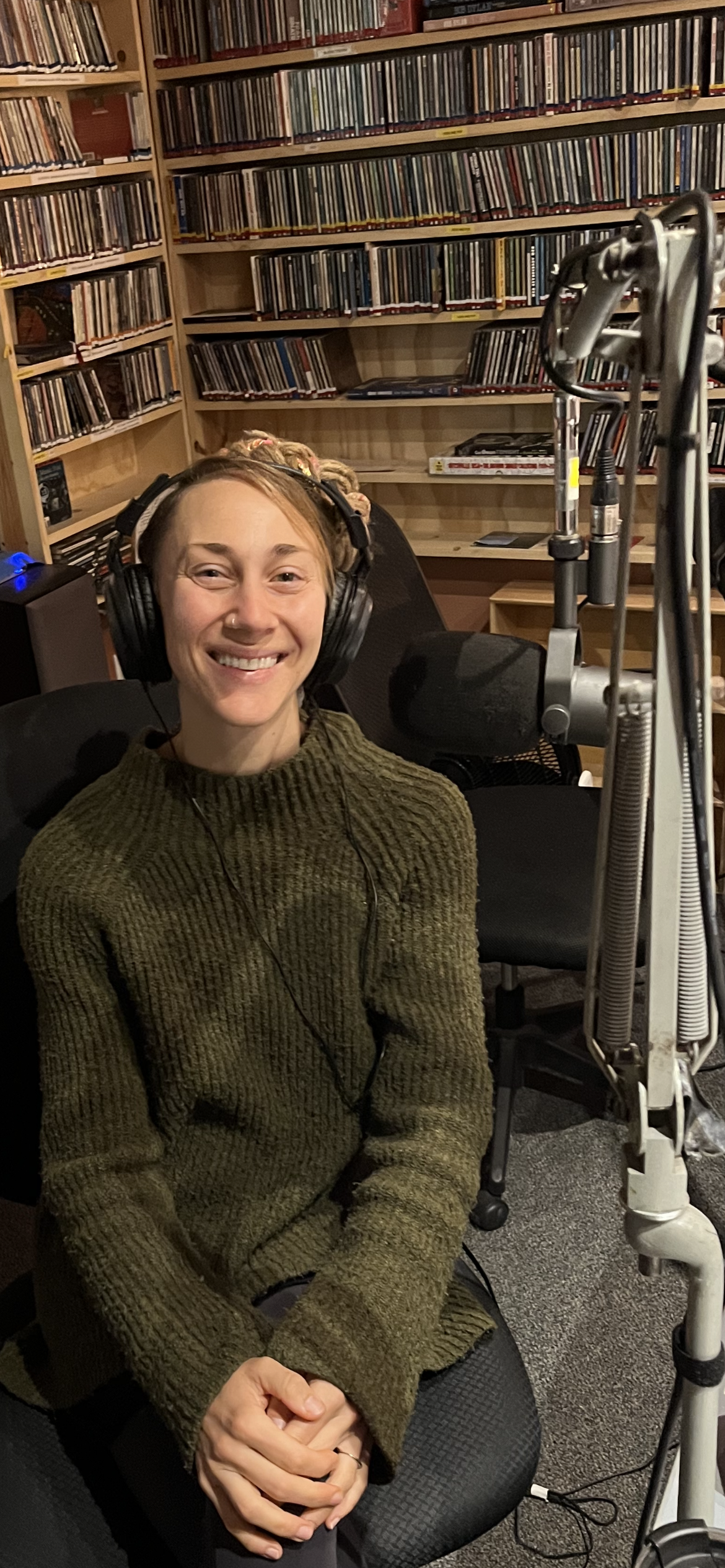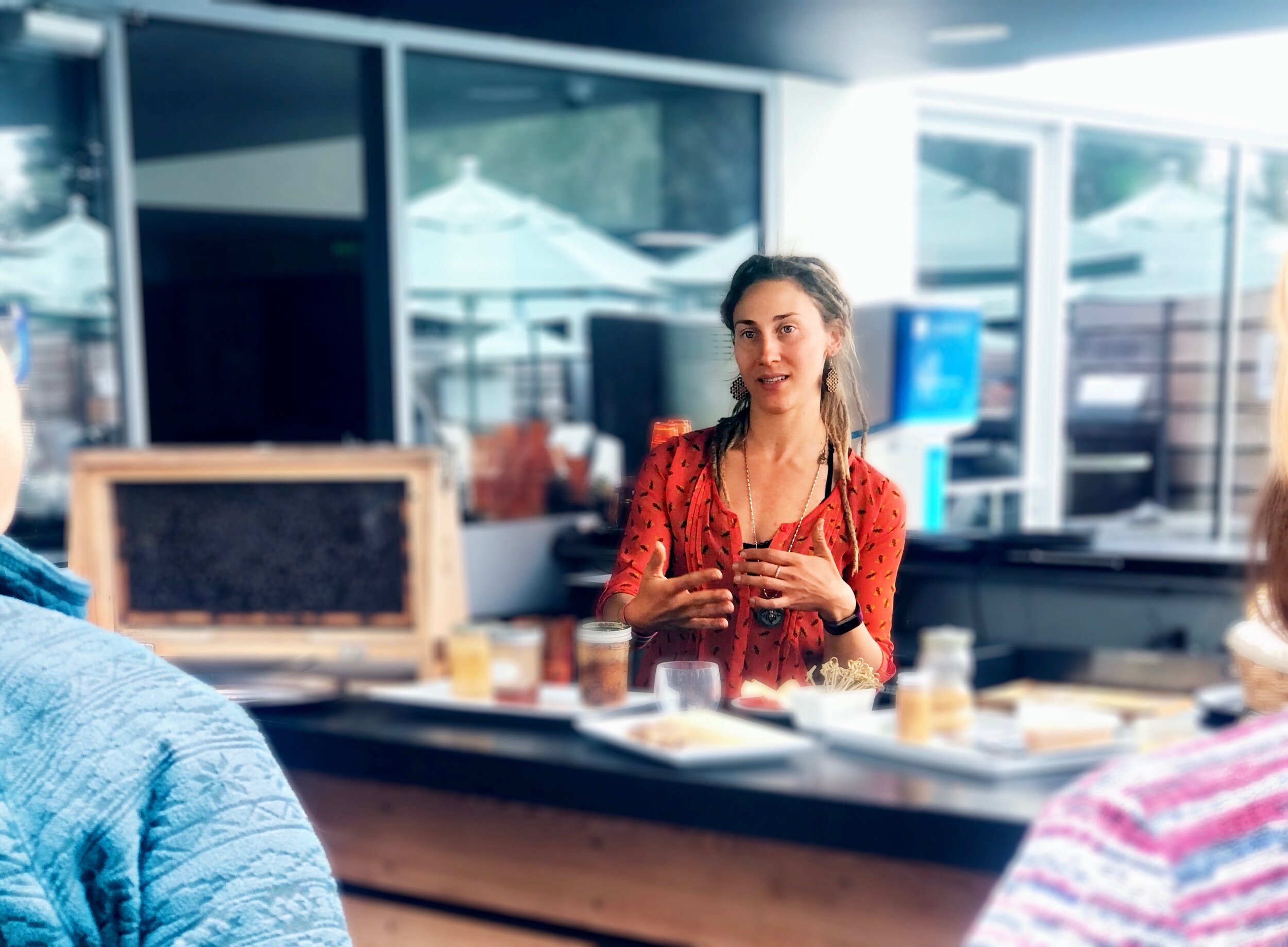I was fortunate to get the opportunity to volunteer with Farmer-to-Farmer this year. Farmer-to-Farmer is a unique program in which technical skills are shared between experts in their field and rural community members in these partner countries who can benefit from this knowledge and capacity building. I was recruited through my Adaptive Bee Breeders Alliance network (a few colleagues have gone to Jamaica in the past 10 years on similar assignments).
My assignment title was “Climate Smart Apiculture” – keeping bees successfully in the face of climate change. I must admit tackling this topic was a little bit intimidating. Lately I have been at a loss for knowing how to work successfully amid the unpredictable weather events that are becoming more common. I do not think I am alone in this.
I did some brainstorming and figured that extreme weather takes on two main forms – too much precipitation or too little precipitation – and depending on temperatures, elevation, wind, microclimates, and the shape of your unique landscape, this will have a variety of impacts. For instance, much of the extreme weather we’ve been facing here in California lately – we just had our 11th “atmospheric river” event of this winter– is similar to tropical storm or hurricane conditions in tropical climates like Jamaica. Heavy rains, flooding and strong winds equate to similar management and hive preparation techniques. These would include practices like weighing down hive lids, maybe providing extra cover from rain, leveling and strapping down hives, making sure hive stand legs are stabilized in uneven/sodden ground, shimming hives to prevent water intrusion, etc.
Furthermore, for both long bouts of rain as well as drought, supplemental feeding may well be in order. Right now in California, we have plenty of blooms. However, with the heavy rains and windy conditions, the nectar and pollen can be washed/blown off the flowers. Even once the sun comes out, the floral resources are not available in the abundance that they were before the storms. This not only impacts the ability of bees to have adequate nutrition, but it has knock-on effects for pollination and crop production more broadly. We all know we need rain, but it sure is tough when it all decides to come at once right at the start of spring! I have been mitigating this through supplemental feeding in-hives usually with 1:1 syrup or fondant, but sometimes with honey stores from other colonies. Late season starvation can totally be a thing when then hives start brooding up and have many more mouths to feed. Nothing worse than getting a hive through the winter only to lose them on the last mile before the finish line!
The time in Jamaica was interesting. I ended up doing a lot more school and group teaching/presenting than I did actual in-hive workshops. I spoke to a few agricultural high schools and feel some of those students may well have a future in apiculture. And some of the younger kids I presented to were just precious! I was in a town called Santa Cruz in St. Elizabeth parish. Everyone got a kick out of the fact that I am from Santa Cruz, CA and my business name is Santa Cruz Bee Company! Some of the smaller hill towns where we went to teach were super rural and I got the impression that I may have been the first white person some of these kids had ever met. I felt a bit like a celebrity at times. One of my favorite moments was when one girl asked me if I had been to Starbucks before – in a tone like she was asking me if I had met Madonna before 🙂
I’d have to say aside from the personal connections I made with the kind folks I met in Jamaica, my favorite experience was trying their local cuisines. My top favorites were ackee (their national fruit – typically boiled and then mixed with saltfish, a relic of British colonial rule). It looks and tastes a bit like creamy scrambled eggs and is eaten for breakfast. It was surprisingly hard to find vegetables to eat there, so any chance I had I would have callaloo (Jamaican spinach) also typically mixed with saltfish and eaten for breakfast. They really have mastered chicken in all its forms – fried, jerk, baked, stewed– and I love that when you order that ask if you want leg and thigh or breast and wing. I’m a dark meat girl all the way, so loved that I got to choose! Some other excellent foods there are festival (deep fried flour & cornmeal sticks), bammy (steamed or fried cassava patty), coco bread, and escovitch fish (deep fried whole fish with vinegar pickled veggies). YUM—Writing this all I wish I could teleport right back there now!
I concluded the trip with Tim meeting me there for a little vacation time. One big tourist highlight was swimming in a bioluminescent bay at night with the glowing dinoflagellates. We concluded the trip in Montego Bay and got some pretty great snorkeling/free-diving in. I was glad to see some healthy/colorful corals (brain, antler, fan) amid the bleaching. The water is like 80-85F there so we could actually have ~hour long sessions which was ideal. We also saw some super cool nudibranchs, giant crabs, stingrays, and a ton of different fish species like box puffers, tangs, wrasses, damselfish, squirrel fish and lion fish.
In case you are curious, Farmer-to-Farmer is funded by USAID and operates alongside another organization called Partners of the Americas. They have programs in Columbia, Dominican Republic, Guatemala, Guyana and Jamaica. Hopefully I’ll get to volunteer with them again one day! I recommend it.
Thanks for reading this far y’all.
Take good care and HAPPY SPRING!!!
~Emily
















